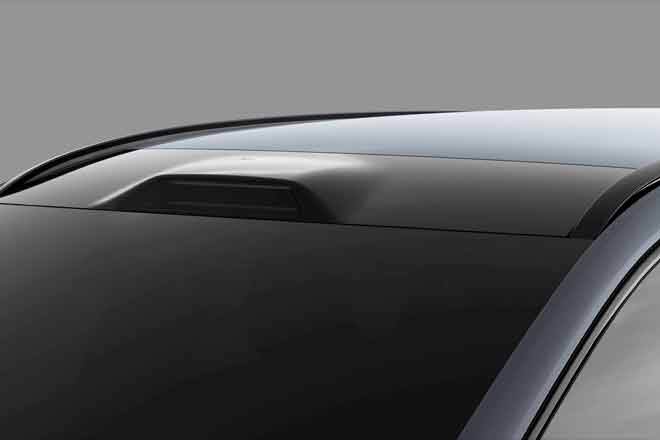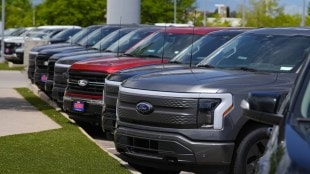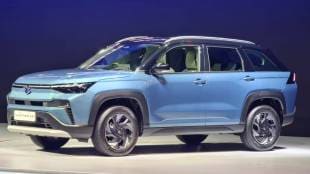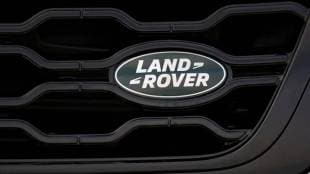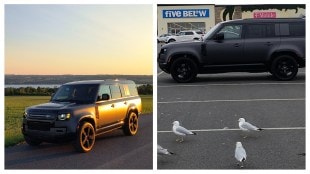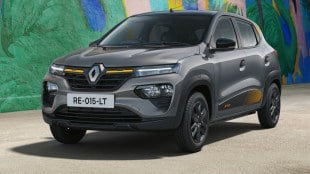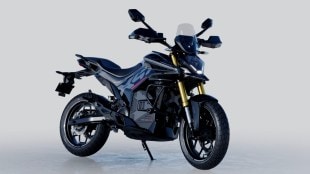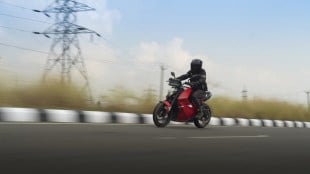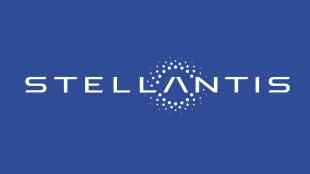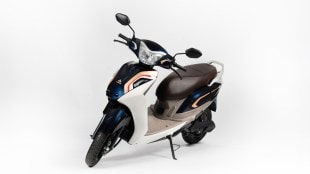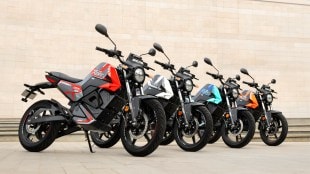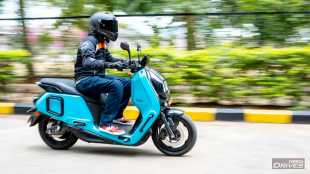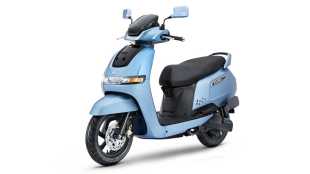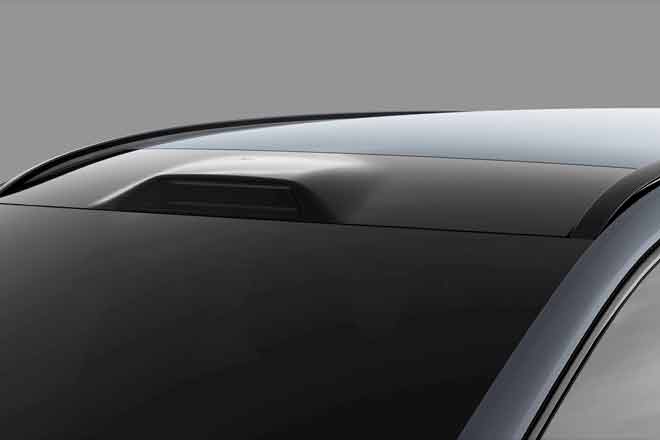
Volvo Cars has announced that it’s next-generation models from 2022 will come with an optional feature which will allow them to be driven autonomously on well-paved highways. Volvo has partnered with tech-firm Luminar who will provide its LiDAR and perception technology for the next generation of Volvo vehicles.
With the partnership with Luminar, Volvo is looking to further develop future active safety developments. The fully self-driving technology for highways is the first step of the process. Volvo has said that its next-gen SPA 2 modular vehicle architecture based models will feature LiDAR hardware integrated into the roof of the cars and they will go into production from 2022.
The SPA architecture is currently used by Volvo’s full size and mid-size 60 and 90 series models. The SPA 2 architecture will be an evolution for the next generation Volvo models which will begin production from 2022. Initially, customers will be allowed to opt for a roof-mounted LiDAR system. As the cars can receive over the air software updates, if equipped with LiDAR, it will use this to enable Highway Pilot feature that allows fully autonomous highway driving. The system will detect and verify individual geographic locations and conditions before deploying the feature for safety.
Henrik Green, chief technology officer at Volvo Cars said “Autonomous drive has the potential to be one of the most lifesaving technologies in history if introduced responsibly and safely. Providing our future cars with the vision they require to make safe decisions is an important step in that direction.”
With Volvo, Luminar is said to be looking at other possible uses where its LiDAR technology can help improve advanced driver assistance systems in the future and aims to make all SPA 2 models as standard with LiDAR sensors in the future.
How it works is that Luminar’s LiDAR sensors emit millions of pulses of laser light to accurately detect where objects are by scanning the environment in 3D, creating a temporary, real-time map without requiring internet connectivity. LiDAR will be key for automobiles to help them navigate autonomously. It will help provide reliable vision and perception which cameras and radar sensors cannot alone. LiDAR is the ideal basis for safe decision-making in complex environments at high speeds.
Volvo’s Highway Pilot feature will be enabled by Luminar’s perception technology that will work with the autonomous drive software and the cameras, radars and back-up systems. They will provide the necessary data for steering, braking and battery power.
Henrik Green added “Over time, updates over the air will expand the areas in which the car can drive itself. For us, a safe introduction of autonomy is a gradual introduction.”
Austin Russell, founder and CEO of Luminar said; “The next era of safety lies within autonomous driving and once again, Volvo has taken the lead with a major industry milestone. We’ve solved the key cost, performance, and auto-grade challenges to make series production possible, and alongside Volvo are making the technology available to the world.”
Volvo has announced that it will be increasing its minority stake in Luminar and it has already signed the agreement. Volvo claims that the strengthening of the partnership will ensure robust industrialisation and validation of Luminar’s LiDAR technology for series production.
